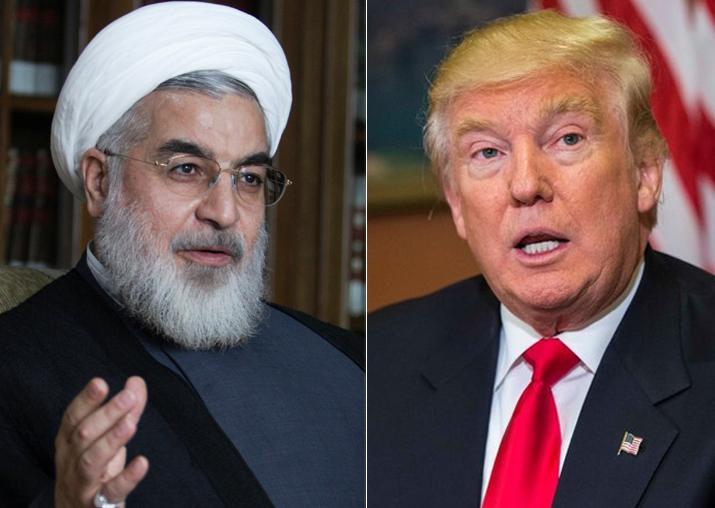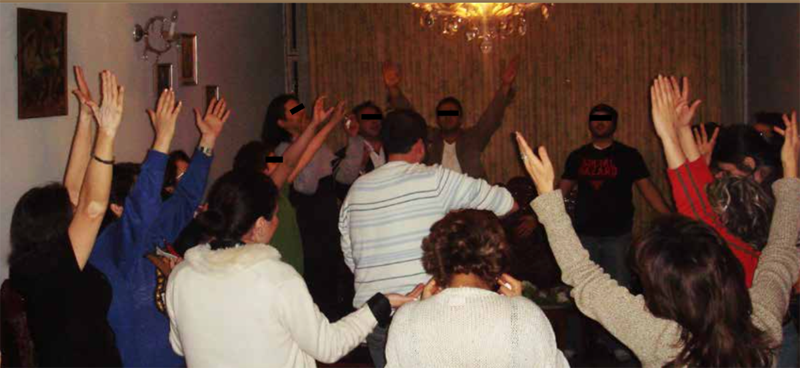Iranians and Americans alike are turning to God

In these trying times, both Iranians and Americans are turning to God, praying for protection and peace as both nations face escalating tensions. The recent developments on the international stage have made the relationship between the two countries more complex than ever before. However, while governments strive to address political, military, and national interests, ordinary people from both sides hope for peace and safety.
1. Rising Tensions Between Iran and the US
The relationship between Iran and the United States has been through numerous fluctuations over the years. From the U.S. withdrawal from the Iran nuclear deal in 2018 to the harsh sanctions imposed on Tehran, tensions between the two nations have escalated over time. Both sides have engaged in direct and indirect confrontations, raising fears of potential military conflict.
While the Iranian government asserts its power and independence, especially regarding its nuclear program, the U.S. views this as a significant threat to regional stability. A series of cyberattacks, assassinations of key leaders, and military presence from both sides in strategic regions have made the relationship between Iran and the U.S. increasingly fragile.
2. Prayer as a Beacon of Hope
In the face of such tensions, many people in both Iran and the U.S. are turning to religion for comfort and hope. In churches, mosques, and other religious centers, believers pray for peace and divine protection. Both countries have large religious communities, with Islam being the dominant faith in Iran and Christianity in the U.S., but both share a deep belief in the power of the Almighty to guide and protect people from disasters and violence.
In Iran, Muslims regularly gather for communal prayers, especially during the month of Ramadan, where people raise their voices to Allah, seeking His protection for the nation. Prayer is not only a form of worship but also a way for the people of Iran to demonstrate solidarity in difficult times. They hope that in these challenging moments, God will guide their country through the storm and restore peace.
In the U.S., despite religious diversity, prayer remains a powerful tool for many in times of crisis. Churches across the nation have been organizing prayer services where individuals pray for divine intervention, not just for their own country but for the world as a whole. Many believe that in the midst of growing global instability, prayer is a refuge that unites people, transcending national borders and providing a collective hope for peace.
3. The Role of Religious Leaders and the Call for Peace
Religious leaders in both nations have played a crucial role in promoting peace through prayer. In Iran, the supreme religious authorities have called on the faithful to continue their prayers for the well-being of the nation, emphasizing the importance of faith during times of adversity. In the U.S., prominent religious figures have used their platforms to advocate for peace and understanding, urging citizens to pray not only for protection but also for wisdom in the decisions made by political leaders.
Interfaith dialogue has also been an important aspect of these prayers. People from various religious backgrounds have joined together in efforts to encourage peace, understanding, and mutual respect. Religious organizations have hosted interfaith prayer events where both Iranians and Americans, regardless of their faiths, have come together to pray for global peace and harmony.
4. A Shared Desire for Peace
Despite their political differences, the common desire for peace transcends borders and ideologies. Ordinary people in both Iran and the U.S. share the hope that the current tensions will eventually subside and that both nations can find a way to coexist peacefully. They recognize that while governments may continue to engage in diplomatic or military struggles, the true power of change lies in the hearts and prayers of the people.
As the world watches the unfolding situation, it is evident that the prayers of the people in both nations reflect a shared longing for peace and security. While the political landscape remains uncertain, the collective voice of those who pray offers a glimpse of hope. The belief that a higher power can guide both nations toward reconciliation and understanding serves as a powerful reminder of the importance of faith in overcoming adversity.
Conclusion
In a world where political strife and conflicts seem to dominate the headlines, it is crucial to remember the power of prayer and the collective hope for peace. As Iranians and Americans turn to God, their prayers not only reflect their individual faith but also the universal desire for peace, protection, and understanding. In these uncertain times, the strength of human connection and belief in divine intervention offers a flicker of hope, reminding us all that, regardless of our differences, we are united in our longing for a world of peace.











